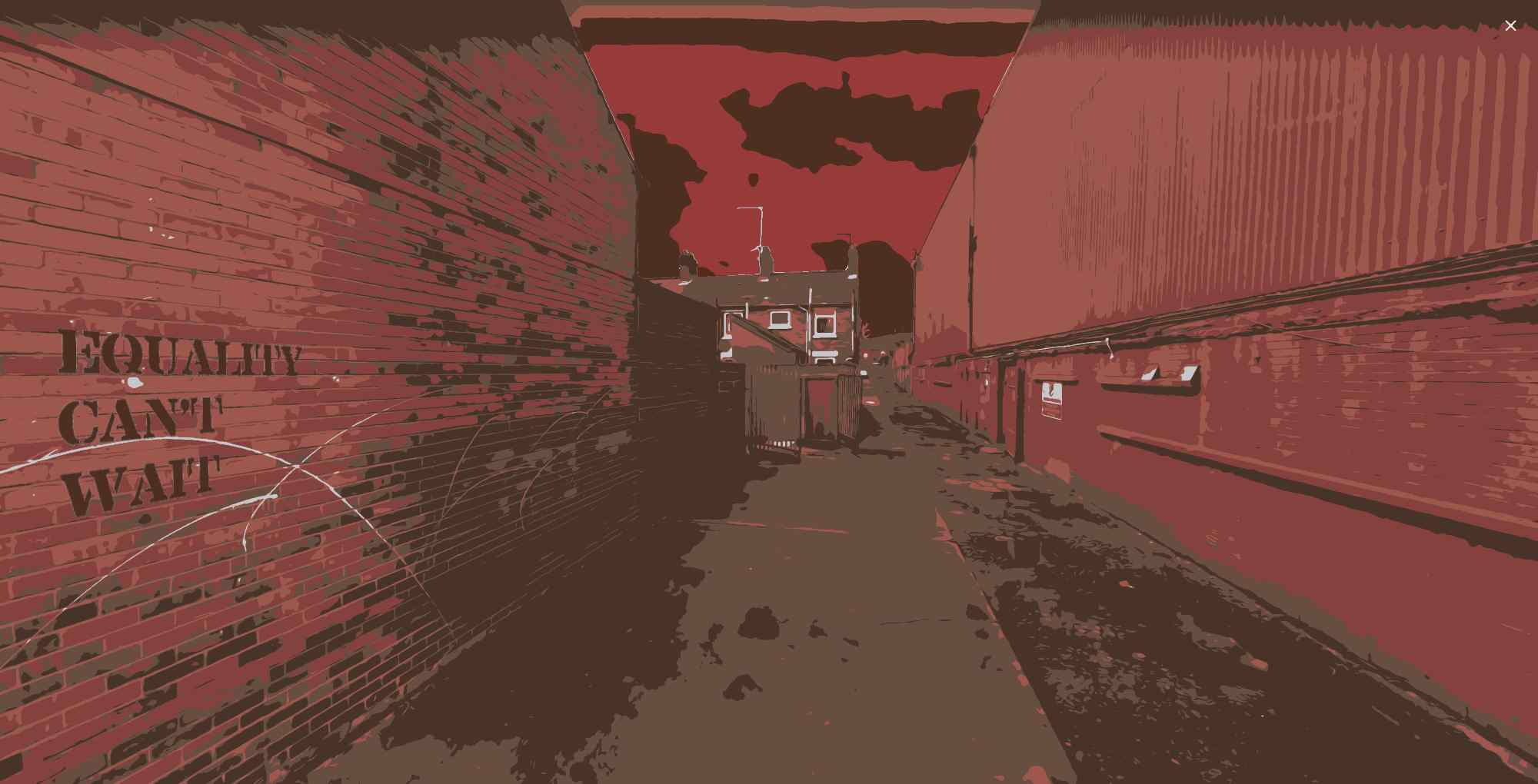
Policy Watch
An eye on policy changes in Ireland, the UK and beyond
Use of NI hotels as asylum hostel accommodation
Scale
In June 2021, according to Home Office information obtained by FOI, there were 14 asylum seekers in ‘contingency accommodation’ in NI hotels. By December 2021 this had risen to 809; and by April 2022, to 1,067. According to the most recent published Home Office statistics, at end March 2023 there were 3,030 asylum seekers and dependents in Northern Ireland; of these 1,014 were living in ‘contingency accommodation’ across around 22 NI hotels.
Beginning of the work
PPR began working with this group in late 2021 / early 2022, alongside asylum seekers and refugees in the #LiftTheBan and Housing4All campaign groups it supports as well as Anaka Women’s Collective. For Ramadan in spring 2022, campaigners and civil society allies hosted a series of weekly Iftar meals for fasting Muslims and their children. The last of the weekly meals was opened by invitation, and elected officials, representatives from the Departments of Justice and Finance and people from a range of organisations heard first hand asylum seekers’ accounts of the difficult conditions they were facing. These accounts helped to inform the important work by Children’s Law Centre and South Tyrone Empowerment Programme drawing international attention to the issue. For its part PPR published a series of reports highlighting the emerging use of hotels as asylum hostels and the rights breaches reported there.
Over the summer of 2022 the emerging Kind Economy network of civil society groups working to offer alternatives to the hostile environment fostered by the Home Office engaged with asylum seekers in the hostels, through art, food, outings and other activities.
Human rights defenders monitoring
By autumn 2022 residents felt it important to begin systematically documenting the range of human rights breaches they were facing in the hostels. Over 150 people took part in biweekly meetings collating and prioritising issues. Individuals wrote and submitted 27 formal complaints about their experiences to the Home Office, Mears, Migrant Help and the Executive Office; PPR also sent these to statutory oversight bodies (NIPSO, NICCY, NIHRC, ECNI) as well as to STEP and CLC.
On 14 October asylum seekers hosted a meeting of supporters as well as duty bearers including the Departments of Education, Health and Infrastructure and the Executive Office, as well as elected officials from Belfast City Council and the NI Assembly. The Chief NI Human Rights and Equality Commissioners were also both present, as were representatives of the NI Children and Young People’s Commissioner and the NI Public Service Ombudsman. Residents explained the main issues they were confronting and proposed recommendations for change in respect for their rights to health, food, poverty, education, treatment with dignity, effective remedy and adequate housing. The Home Office, Mears and Migrant Help were invited but did not attend.
Hostel residents continued their human rights defenders monitoring, submitting 22 more formal complaints by the time of the follow up meeting on 22 February 2023. Elected officials supported this enormously by conducting unannounced site visits to meet them, as did CLC with legal casework with relevant officials to get some families’ issues properly addressed. They, Kind Economy allies and officials from the Executive Office, the Department of Health, the Department of Education, the Education Authority, the Department for Infrastructure and the Department for the Economy, attended the follow-up, but the Home Office, Mears and Migrant Help again did not.
There was some progress in some areas to highlight - but new and deeply concerning issues emerged, including the failures in information sharing by the Home Office and Mears that has left local health and education authorities unaware of who exactly is being placed in their areas, when and where, hamstringing their ability to safeguard children and meet vulnerable people’s needs.
Since the February meeting monitoring has continued, with nine residents submitting new formal complaints.
Key issues
Despite changes in practice by some departments in response to immediate challenges (for instance, efforts by the Education Authority - supported by the Anaka Women’s Collective - to find school places for primary age children; a pilot project for health support to under-5s and their families in Belfast; bus passes for primary age schoolchildren) the fundamental issues around people’s ability to access their rights to health, education, treatment with dignity, effective remedy and adequate living standards and housing remain unaddressed. Emerging issues include failure to share data that would enable local officials to support people adequately; lack of educational or other opportunities for A level age students; and many more.
Download the full briefing from PPR’s online library
